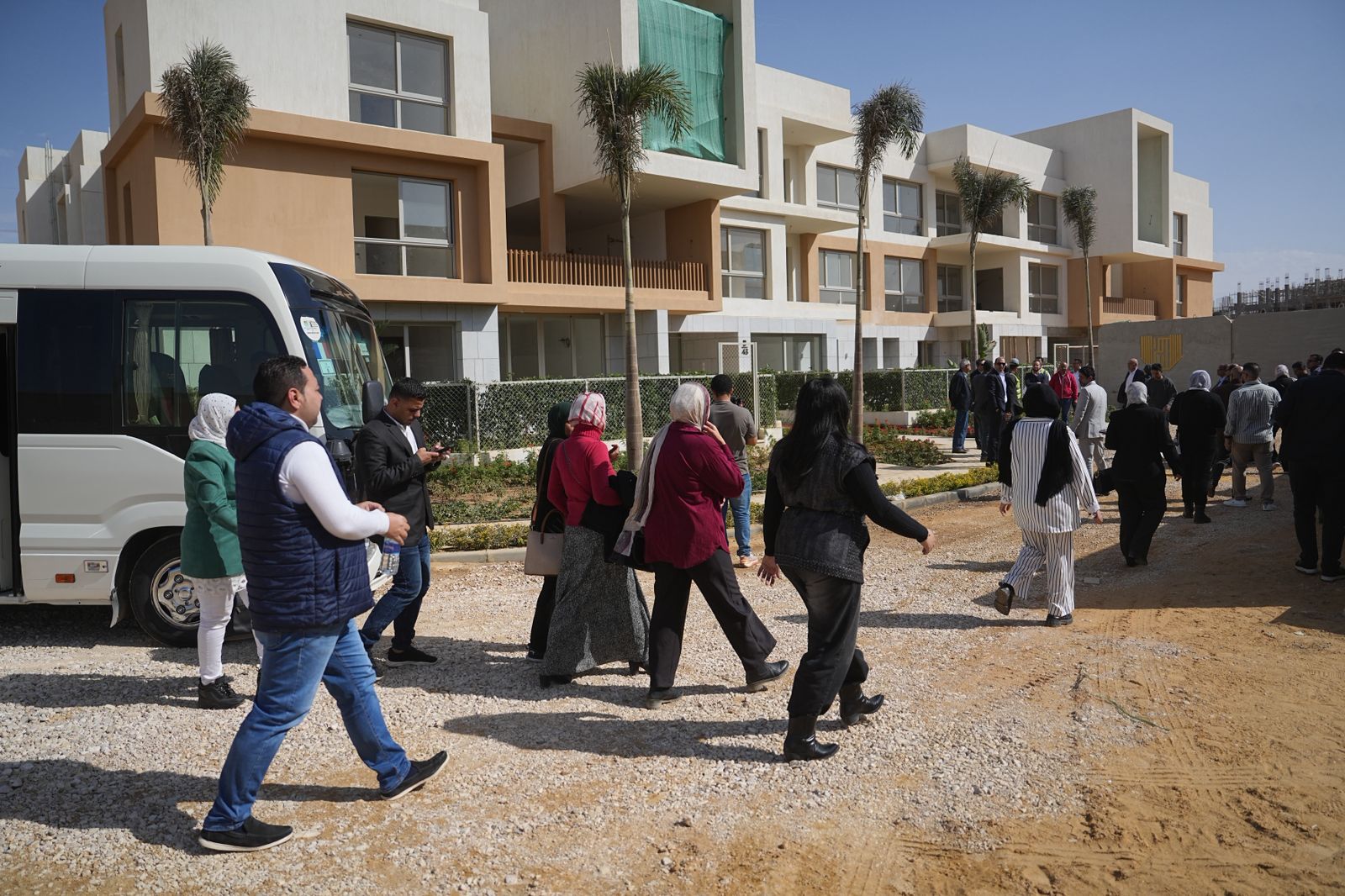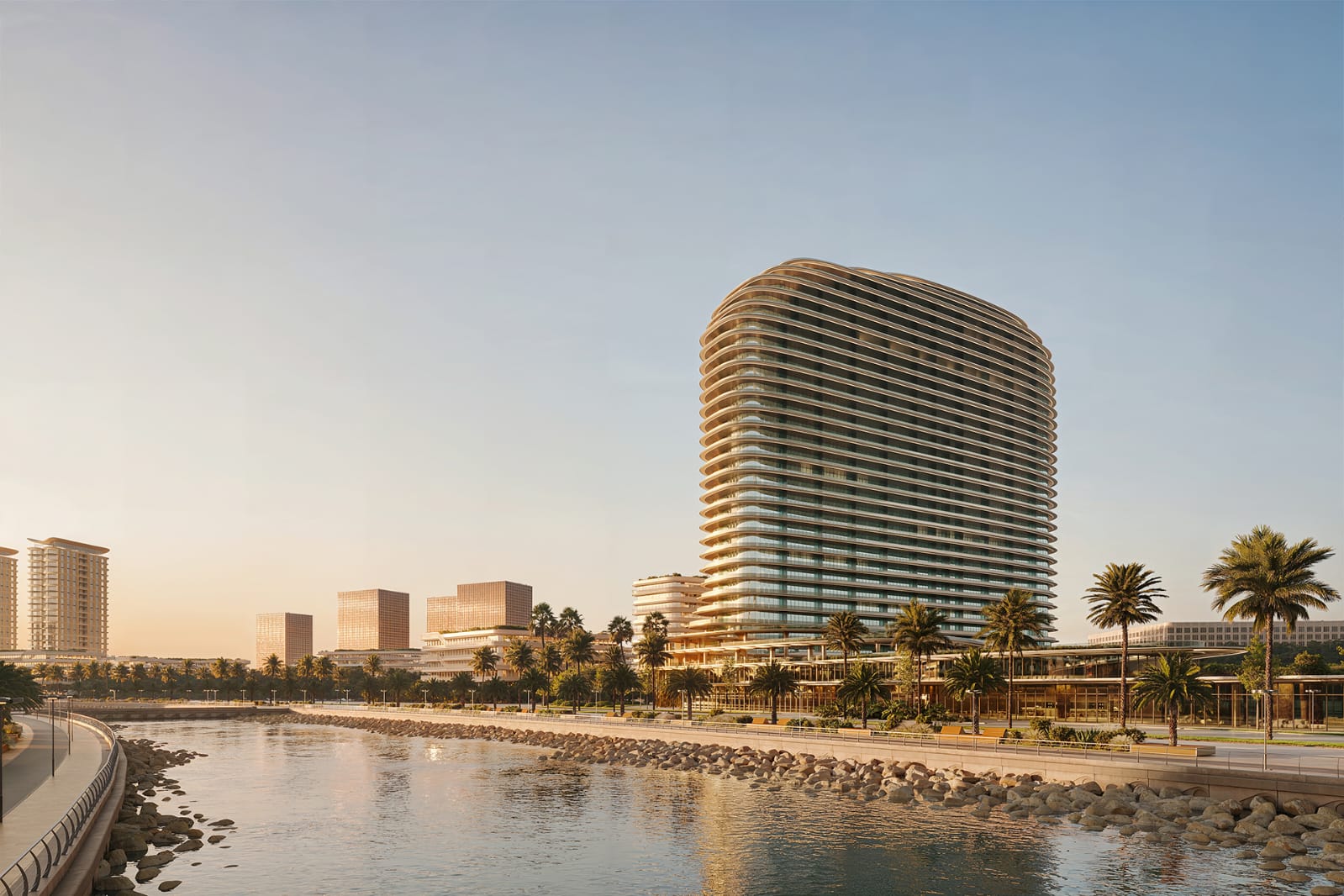Dubai – Masaader News
Dubai has retained its ranking as the fourth most popular travel destination in the world, according to the ninth annual Mastercard Global Destinations Cities Index. The emirate welcomed 14.87 million international overnight visitors in 2016, with an expected continued growth of 7.7 percent for 2017.
Dubai continues to be the city with the highest international overnight visitor spend, amounting to $28.50 billion USD in 2016. Abu Dhabi, with a Compound Annual Growth Rate (CAGR) of 18.9 percent between 2009 and 2016 in its growth of visitors, also retained its position as the fastest growing city in the Middle East and Africa, and is the fourth fastest growing city globally.
Khalid Elgibali, Division President for Middle East and North Africa, Mastercard, shared: “Dubai’s top rankings in the ninth Mastercard Global Destination Cities Index reaffirms the strength of the emirate as a leading global travel, tourism and shopping destination. With its relentless focus on continuously innovating its business and leisure infrastructure and offerings, Dubai continues to reinforce its position on the world map as a highly attractive destination for visitors of all ages and nationalities. The city’s retail sector coupled with its year-round calendar of festivals, events and a wide range of shopping experiences, also continues to be a huge draw for international visitors as supported by its ranking as the top global destination in terms of visitor expenditure.”
“Another interesting insight that has surfaced from the GDCI 2017 findings is that travel and tourism spending is higher than global GDP growth. This highlights the phenomenal growth of the sector in recent years as the world becomes more connected and people become increasingly inclined to travel and explore new and distant lands. At Mastercard, we remain committed to keeping a pulse on the impact of these trends, to continuously drive innovations in the sector that would further simplify the payments journey for consumers during their travels,” he added.
Issam Kazim, CEO, Dubai Corporation for Tourism and Commerce Marketing (DCTCM), said: “Travel and tourism are among Dubai’s key economic contributors and the city’s strong rankings in the Mastercard Global Destination Cities Index 2017 confirm the effectiveness of partnerships between the government and private sector in driving growth.”
“Dubai continues to be a must-visit and must-return destination for both business and leisure travellers, and the opening of world-class attractions and venues such as IMG Worlds of Adventure, Dubai Parks and Resorts and Dubai Opera in 2016 enhanced the offering for all visitors, including families.”
“With new offerings in 2017 including La Perle, the city’s first permanent theatrical show, and hotels such as Dukes Dubai and Address Boulevard taking the total number of rooms to over 105,000, Dubai has something fresh to offer visitors each time.”
“The retail sector, with festivals, promotions and events throughout the year, is also enhancing this appeal even further with visitors to Dubai presented with the opportunity to discover an extensive and ever-growing range of shopping activities for all budgets.”
Mastercard Global Destination Cities Index 2017 – Key Findings
The Index is more than a ranking of the 132 top destination cities of today and tomorrow. Based on visitor volume and spend for the 2016 calendar year, the in-depth analysis also provides a forecast for growth in 2017, insight on the fastest growing destination cities, and a deeper understanding of why people travel and how they spend around the world.
The Global Top 10 Destination Cities
International overnight visitors to the Top 10 destination cities were up in 2016. Forecasts for continued growth in 2017 are largely positive, with Tokyo expecting the largest growth in visitors.
| 2016 International Overnight Visitors | Growth Forecast for 2017 | |
| Bangkok | 19.41 million visitors | 4.0 percent |
| London | 19.06 million visitors | 5.0 percent |
| Paris | 15.45 million visitors | 4.4 percent |
| Dubai | 14.87 million visitors | 7.7 percent |
| Singapore | 13.11 million visitors | 2.6 percent |
| New York | 12.70 million visitors | (-2.4 percent) |
| Seoul | 12.39 million visitors | 0.4 percent |
| Kuala Lumpur | 11.28 million visitors | 7.2 percent |
| Tokyo | 11.15 million visitors | 12.2 percent |
| Istanbul | 9.16 million visitors | 0.9 percent |
Spending Power: Destination Cities as Engines of Economic Growth
Since 2009, more than half of the top destination cities reported an increase in spend by overnight visitors consistent with or greater than GDP growth. These cities benefit greatly from tourism and are primed to be engines of broad economic growth for countries.
| 2016 International Overnight Visitor Spend | Growth Forecast for 2017 | |
| Dubai | $28.50 billion USD | 10.2 percent |
| New York | $17.02 billion USD | 1.5 percent |
| London | $16.09 billion USD | (-4.6 percent) |
| Singapore | $15.69 billion USD | 0.3 percent |
| Bangkok | $14.08 billion USD | 10.9 percent |
| Paris | $12.03 billion USD | 4.9 percent |
| Tokyo | $11.28 billion USD | 3.7 percent |
| Taipei | $9.91 billion USD | 6.9 percent |
| Seoul | $9.38 billion USD | 1.8 percent |
| Barcelona | $8.90 billion USD | 6.9 percent |
Destination Cities of Tomorrow
Globally, international overnight visitor arrivals across all 132 destinations have grown by 55.2 percent since 2009, significantly outpacing real GDP growth during the same period. The fastest growing destinations continue to demonstrate the importance of watching Asia/Pacific and the Middle East for future destination leaders.
| Growth in visitors from 2009-2016 | |
| Osaka | 24.0 percent |
| Chengdu | 22.7 percent |
| Colombo | 20.3 percent |
| Abu Dhabi | 18.9 percent |
| Jakarta | 18.2 percent |
| Tokyo | 17.7 percent |
| Hanoi | 16.4 percent |
| Riyadh | 15.9 percent |
| Lima | 15.2 percent |
| Taipei | 14.5 percent |
About the Mastercard Global Destination Cities Index
The Mastercard Index of Global Destination Cities ranks cities in terms of the number of their total international overnight visitor arrivals and the cross-border spending by these same visitors in the destination cities in 2016, and gives visitor and passenger growth forecasts for 2017.
Public data is used in deriving the international overnight visitor arrivals and their cross-border spending in each of the 132 destination cities.
Focus Keywords
#Dubai Masaader News #Tourism and Travel #Business Masaader News #UAE











